Waterboarding & Poetry:
Francois Villon & the New Extreme Experimental American Poetry |
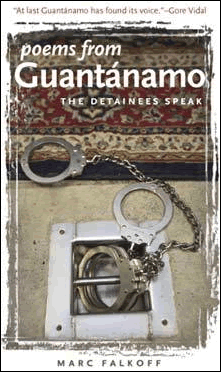
The rack was the reality.
In the chill air he was stripped. He was attached to the rack that sloped down from head to feet. His outstretched arms were strapped behind his head to iron rings in the wall. The middle of his naked back was arched on a raised, painfully wedge-shaped wooden block. His ankles were lashed to bolts in the floor. The rack was ratcheted, stretching his body. His penis was tightly laced, preventing urination. He was told to open his mouth. He would have been beaten, had he refused. All this without haste. All this in numb terror. A pear-shaped object was pushed into his mouth, the poire d'angoisse, named after a bitter-tasting pear grown in the Dordogne village of Angoisse . {Note: angoise in modern French means “anguish”—a very bitter-tasting pun, as are many in Villon's own work--dbc} The poire was hinged in upper and lower sections that could be levered apart with a key, widening them, forcing the jaws open. A strip of gauze was laid across the prisoner's mouth.
Then, slow dribble by dribble, slow pint by pint, pipkins of water were poured down the throat through a horn tunnel, gradually but on and on.
Usually about four coquemars, large kettlefuls, sixteen belly-swelling pints, water pouring from swollen ears, but always into the trapped bladder until the body was bursting, drowning, helpless, fainting,. Then release, retching and spewing in the straw, the clerk asking for names, getting no answer, the half-conscious victim roughly dressed and hauled in soaking clothes back to his cell.
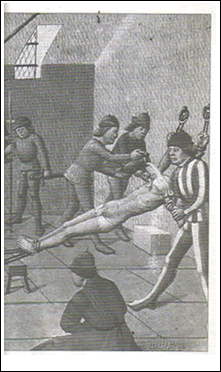
(image from Danse Macabre: Francois Villon Poetry and Murder in medieval France,
by Aubrey Burr
)
These are the procedures used on the 15th Century French poet Francois Villon. In the early 21st Century, the USA produced its first truly Extreme Experimental Poetry -- the military-censored Poems from Guantanamo, writing produced by tortured detainees held as "enemy combatants" in a War on Terror based on among other things, the "16 words" of the forged "Italian Letter" and the transcribed ravings of a desperate alcoholic would-be Iraqi immigrant to Germany.
The translations have also been an issue for some, in that they are by "non-literary" translators assembled by the lawyers who made the book possible in the first place. (The lawyers and translators and Iowa University Press who published the book, have long shown great courage in the face of the military and governmental extreme restrictions and censorships.)
Thank you to Joseph Parsons, Acquisitions Editor of Iowa Press, for providing the following details:
Just as the habeas attorneys must pay their own way to Guantanamo to meet with their clients, the "nonliterary translators" -- as they've come to be known -- were hired by these attorneys so they could communicate with the detainees. In many cases the original Arabic or Pashto versions of poems were deemed too sensitive and not released by the Pentagon's privilege review teams, though the translated forms were. By "released," I mean the attorneys could not even keep copies
as they worked to represent their clients. All of this left Marc Falkoff and the Press to make do with translations rendered without benefit of the range of tools (dictionaries and other reference works, in particular).
By basing reasons for War on Terror on Error--forgeries, invented "evidence," to be furthered by "embedded reporters" and the propaganda and disinformation filling he media thanks to near total use of the former Israeli Intelligence member co-founded MEMRI as "sources," "reports," and "news"--everything that follows becomes contaminated, turning Language into Lies, Weapons of Mass Destruction of "critical thinking" and "poetics," reading and writing and producing immense Walls of mirrors, which are taken to be windows into a world of "Open forms" and "radical resistances" of phoneme and morpheme to "closure" and where, to paraphrase the title of memoir by Lynne Cheney, "the skies are not cloudy all day."
The skies of Empire -- the open forms of the "open range," "where the deer and the antelope play" and
Seldom is heard
a discouraging word
and the skies are not cloudy all day.
Along the way this New Extreme Experimental American Poetry has included the sky writing of 9/11 in NYC, eerily echoing the CIA backed Coup's bombing of the Presidential Palace in Santiago, Chile on 9/11/1972, the Photographic Atrocity Exhibit of Abu-Ghraib, and a "disappeared" CIA library of waterboarding torture videos.
This new Waterboarding Extreme Experimental Poetry (WEEP) permits the USA to accomplish something dazzling: not only to forge into the Unknown of the 21st Century, but to simultaneously travel into the period of the 15th century just prior to and including Columbus' "Discovery of the new World." By opening the Future of American poetry, America has also been able to reverse the colonization process and begin to establish "outposts" in 15th Century Europe, and so, beating Europe to the punch, "Discover the Old World" prior to its discovering of the "New."
Some American reviewers and commentators on the Poets of Guantanamo have so far found exactly what they were looking for: "bad" poetry in Formal terms, written by "bad" people and translated by "bad" (i.e. "non-literary") translators.
Since, ironically, the translation procedure is not unlike some advocated by such luminaries of American "radical" "experimental" poetries as Charles Bernstein, one might posit the Guantanamo works as simply "bad" Experimental poems by "bad" people, "untrained amateurs," and relegate it to the dustbins of history along with a lot of other "poetry of witness."
Due to their methodologies of reading and writing, American reviewers and commentators have missed the hidden in plain Site/Sight/Cite nature of these "purloined letters."
That is, that the poems are the production of American language, American readings and writings and "mistranslations" (non-literary) and the most advanced and most medieval techniques of the "discipline of Writing."
In effect, the writing has not yet been recognized as American.
But what looks back at American eyes from the poem's letterings on the page--is the writing produced by years of American training, discipline, censorship, forced and tortured words further tortured along their restricted and supervised journey to the page in a book published only in these versions in the land of the torturer.
So, of course, the torturers are very happy and self-satisfied in reading these works and finding them lacking in poetry.
It is a sign of the "rightness" of their cause--and of their Security--from there being any "good" poetry to issue from these "enemy combatants," "Islamo-Fascists" and "terrorists."
The sign of a major defeat for the American reader and writer is that their distance from Language has become so great they cannot recognize their own writing staring them back in the face.
But then -- this is for the better, is it not? -- For it absolves the American reader and writer of all responsibility, of recognizing any "hand in the matter."
Robert Pinsky, former Poet Laureate, while acknowledging the situation of poetry in a raw state of the Guantanamo poems, also remarked: "No Mandelstams here." How comforting for the uneasy American readers and writers to be so reassured! But then, Stalin's Gulags contained far more millions of prisoners than Guantanamo.
Rejoining the 15th Century, as the 21st is forged, here are a few words from a Contemporary, Francois Villon, born 1431, the year Jeanne d'Arc was burned at the stake by Occupation forces during the One Hundred Years War, an early ancestor of the War without End on Terror. In many ways the poem below by Villon finds echoes in the writings from Guantanamo. But then--Francois Villon was a "bad" man. Probably a far worse "bad" man than the great majority of those in Guantanamo. Villon, already twice sentenced to hanging, several times imprisoned and tortured, was banished from Paris in 1463--from which he'd already absented himself twice, for five years of self-imposed exile-- & "vanishes from history."
from "Ballade," by Francois Villon
(aka "Ballad of the Hanged Men," translation by Galway Kinnell)
Brother humans who live on after us
Don't let your hearts harden against us
For if you have pity on wretches like us
More likely God will show mercy on you
You see us five, six, hanging here
As for the flesh we loved too well
A while ago it was eaten and has rotted away
And we the bones turn to ashes and dust
Let no one make us the butt of jokes
But pray God that he absolves us all . . .
The rain has rinsed and washed us
The sun dried us and turned us black
Magpies and ravens have pecked out our eyes
And plucked our beards and eyebrows
Never ever can we stand still
Now here, now there, as the wind shifts
At its whim it keeps swinging us
Pocked by birds worse than a sewing-thimble
Therefore don't join in our brotherhood
But pray God that he absolves us all
Prince Jesus, master over all
Don't let us fall into hell's dominion
We've got nothing to do or settle down there
Men, there's nothing to laugh at
But pray God that he absolves us all.
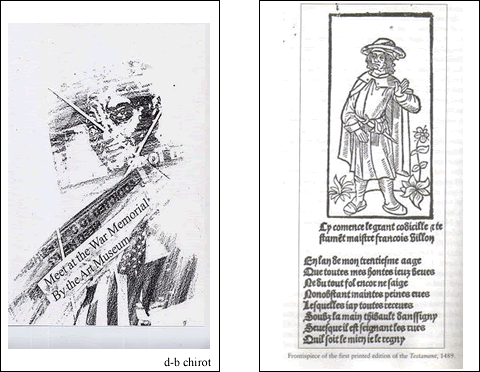
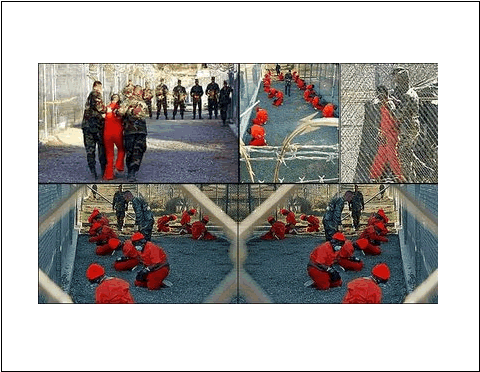
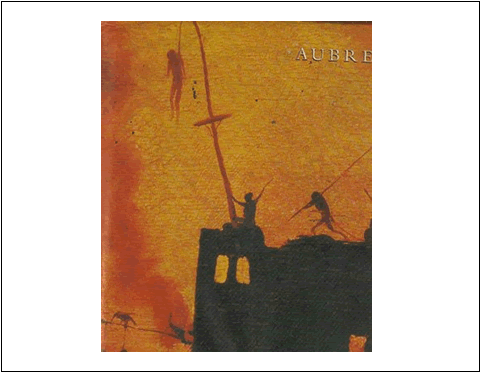
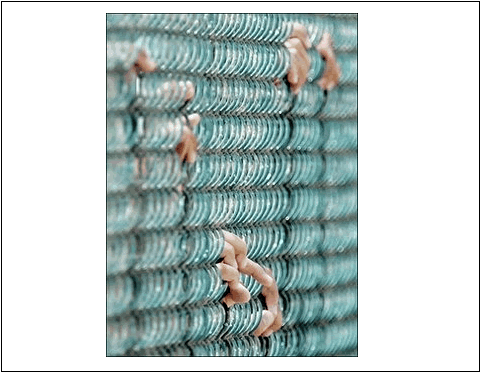
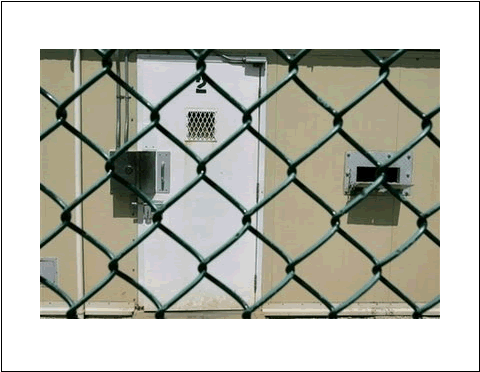
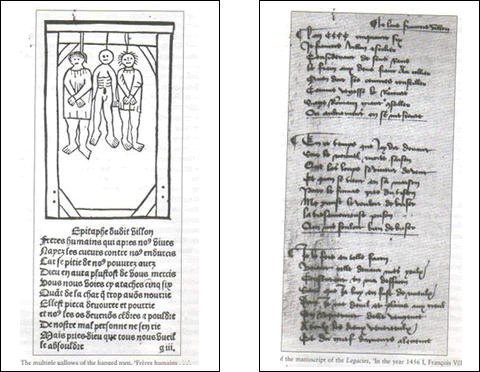
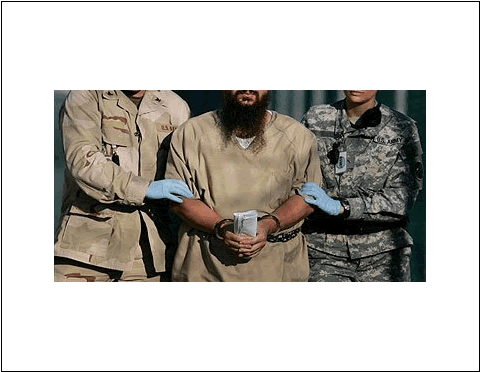
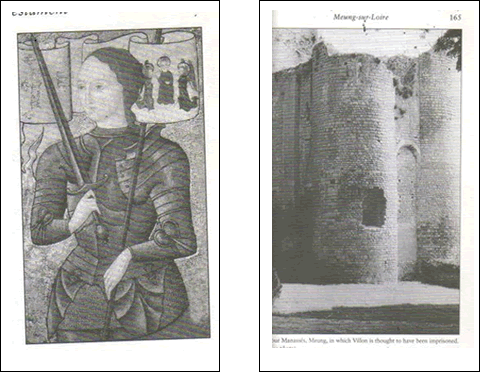
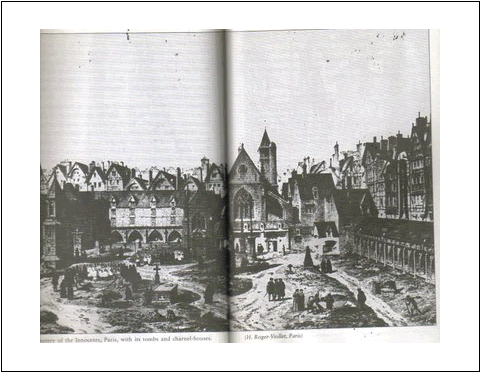
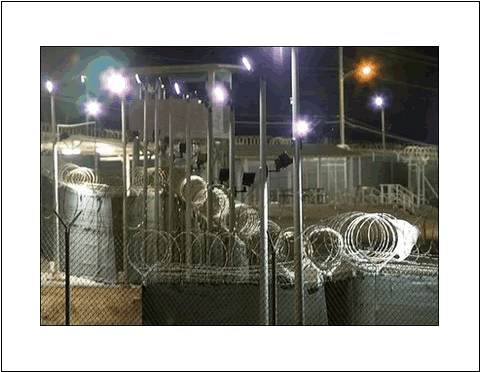
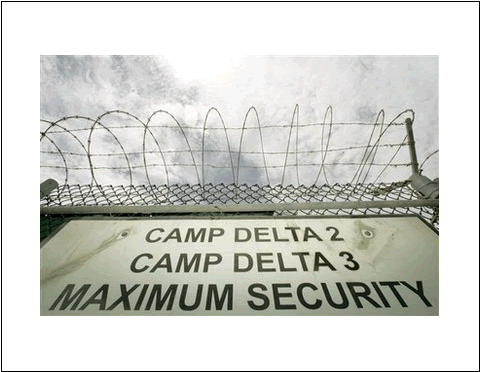
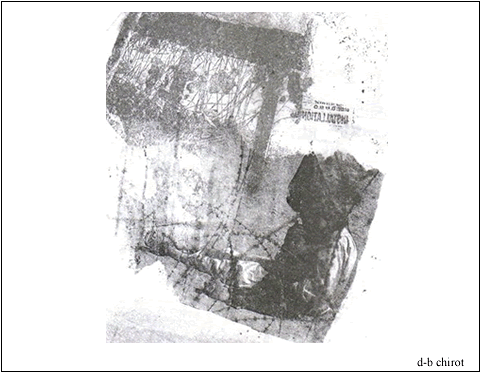
|

